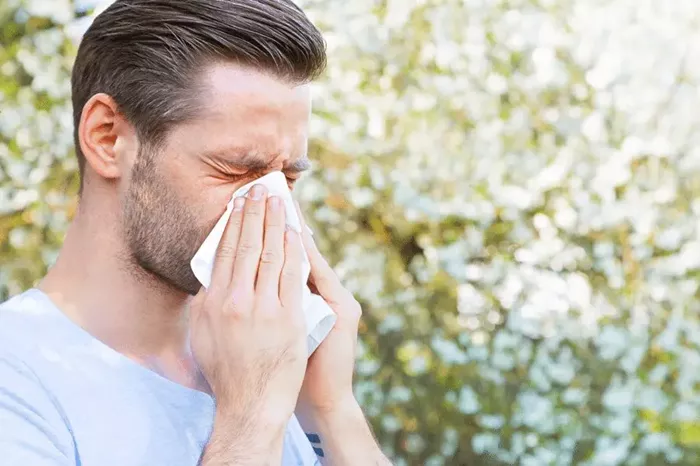As the chill of winter fades and spring bursts into bloom, many people look forward to sunny skies and blossoming landscapes. But for millions of Americans, the season also brings a less welcome visitor—seasonal allergies. For those with asthma, spring can trigger serious health problems, even leading to emergency room visits.
Allergic rhinitis, commonly called seasonal allergies, affects countless individuals every year. As trees, grasses, and flowers release pollen into the air, people sensitive to these allergens may experience sneezing, nasal congestion, itchy eyes, and a runny nose. For asthma sufferers, pollen can do more than cause discomfort—it can lead to serious breathing difficulties.
Dr. Tamara Huson, a primary care physician, highlights the need to stay ahead of symptoms. “With the increase in pollen during spring, it is really important for folks with allergies and asthma to take preventive measures,” she says. “Early detection and management can significantly minimize the risk of severe reactions.”
To help patients stay healthy this spring, Dr. Huson shares three key strategies:
1. Keep Track of Pollen Levels
Check local weather updates or visit allergy tracking websites to monitor daily pollen counts. On high-pollen days, it’s smart to avoid outdoor activities, especially in the early morning and late afternoon when pollen is usually at its worst.
2. Take the Right Medications
Over-the-counter antihistamines and nasal sprays can help manage allergy symptoms. Asthma patients should carry their rescue inhaler at all times and make sure all prescribed medications are up to date. A healthcare provider can help create a personalized plan to stay safe and symptom-free.
3. Improve Indoor Air Quality
When pollen counts are high, keeping windows closed helps prevent allergens from entering the home. Using air purifiers and regularly replacing HVAC filters can also make a big difference, although these upgrades may come at a cost.
With the arrival of spring, it’s natural to want to enjoy the outdoors—whether walking, jogging, or relaxing near scenic areas like the Little Miami River. While these activities are a great way to embrace the season, staying aware of pollen levels is key for allergy and asthma sufferers.
If symptoms become severe, quick action is vital. The emergency department at Mercy Health—Kings Mills Hospital is fully equipped to treat allergy and asthma emergencies. As pollen levels rise, the hospital’s team is prepared to provide fast and effective care, helping patients recover quickly and get back to enjoying the outdoors.
Spring may be a time of growth and renewal, but it can also be challenging for those with seasonal allergies and asthma. With the right precautions, support from healthcare providers, and awareness of environmental triggers, people can make the most of the season while protecting their health.


